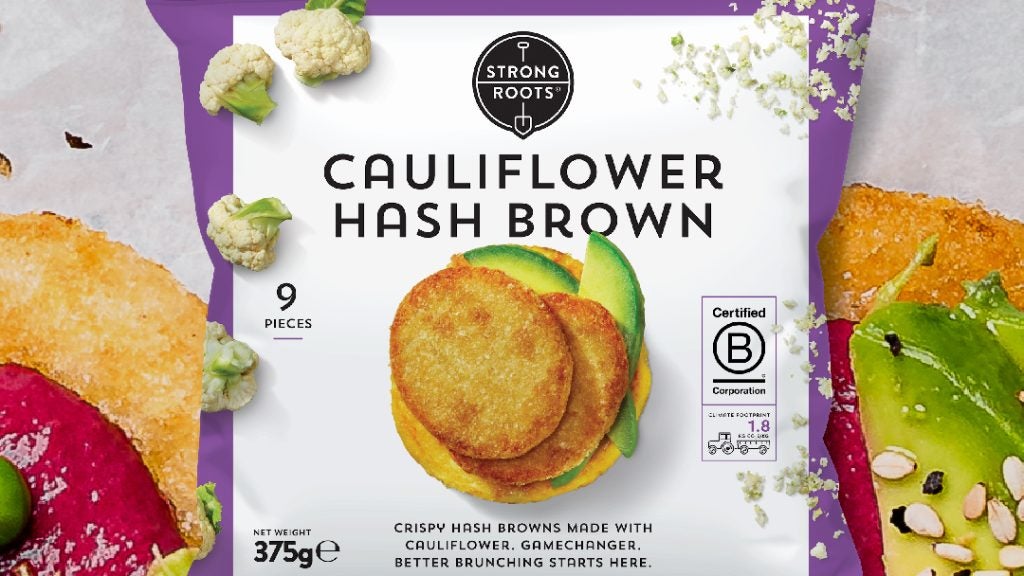Quite recently, I decided to buy a new set of pillows.
I defy anyone to provide me with an example of a more boring opening line to an article than that.
Bear with me, however. I had heard the radio jingles for MyPillow, and being highly impressionable, I fed the company name into a Google search. Smugly, I congratulated myself in making my pillow-buying quest a mercifully brief affair. But no. I was inundated with stories about the MyPillow CEO Mike Lindell, his bans from Twitter, his spreading of conspiracy theories, his support of Donald Trump, the money he has spent trying to prove the 2020 presidential election was ‘stolen’. Armed with this information, if I bought a MyPillow product, how would I be able to sleep at night? Lindell was now £20 the poorer, as I took my business to one of his competitors.
It did make me wonder, however, why would Lindell choose to alienate so many potential customers? The answer, after a bit of research, seems to be that he doesn’t have to worry on a personal level. Lindell is worth around $300m, so he is going to be fabulously wealthy regardless of where I take my pillow-buying patronage. What about the business itself though? Lindell’s actions have, by his own admission, cost the company tens of millions of dollars in recent years through retailers stopping selling its products. Huge petitions were launched to stop the likes of Walmart and Amazon stocking MyPillow goods.
Lindell does counter that the publicity that his behaviour generates, particularly on social media, brings new customers to MyPillow and keeps the company in the public eye, but does it really make business sense to potentially alienate at least half of your client base? Would the publicity he generates from his genuinely admirable work to help recovering drug addicts not be a better route to tread? Lindell is far from alone, however, in making his brand politically toxic for many.
See Also:
Did Shark (and Brexit) take a bite out of Dyson’s UK dominance?
Ever since the 2016 EU membership referendum in the UK, a funny thing has happened on Twitter feeds in the country. Every now and then, the word ‘Shark’ will start trending, and further investigation will show that some account with the FBPE abbreviation tagged on to the user name (follow back, pro-Europe) has bought a new vacuum cleaner. Confused? Let me explain.
How well do you really know your competitors?
Access the most comprehensive Company Profiles on the market, powered by GlobalData. Save hours of research. Gain competitive edge.

Thank you!
Your download email will arrive shortly
Not ready to buy yet? Download a free sample
We are confident about the unique quality of our Company Profiles. However, we want you to make the most beneficial decision for your business, so we offer a free sample that you can download by submitting the below form
By GlobalDataDyson has been the dominant vacuum cleaner brand in the UK for many years now, but its founder and chief engineer, James Dyson, was one of the most prominent pro-Brexit voices in the run-up to the 2016 vote. This represented something of a volte-face given his previous position of urging the UK to join the eurozone, and Remain voters have not been in a forgiving mood ever since. Now, it seems, when any pro-EU Twitter user buys a vacuum cleaner, they have to buy a Shark, and then they absolutely have to announce this purchase on Twitter, explaining how their new product performs much better than their old Dyson. The UK’s Brexit war has reached the point where even tedious household chores have become politicised.
Does James Dyson care? Probably not. Shark’s UK sales have been steadily rising, but in 2020, according to Statista, Dyson was still the most-bought vacuum cleaner brand in the UK, shifting more units than its next four largest rivals (Vax, Hoover, Shark and Miele) combined. Dyson is still a huge global brand with revenue of £6bn in 2021. Most of its non-UK customers will be completely ambivalent towards the founder’s stance on Brexit.
Another prominent Brexiteer, Tim Martin, the founder and chairman of the JD Wetherspoon chain of pubs, has faired less well. Maybe because his business is almost entirely UK-based, his political posturing has had more negative consequences than those experienced by Dyson. Martin, a long-time critic of the EU, took the decision to politicise his pubs, plastering the walls with pro-Brexit propaganda in the run up to the 2016 referendum, and even producing beer mats explaining why the UK should leave the EU. Since the vote, he has continued with this theme, making his hostelries something of a shrine to the Conservative Party. He has also moaned in the media that those who disagree with his political stances are boycotting his pubs.
The post-Brexit years have been somewhat bumpy for Martin and JD Wetherspoon, with pre-tax profits falling by 4.5% in 2019, and then the Covid-19 pandemic battering the hospitality and entertainment industries. Revenue, operating income and net income all fell last year. In 2021, Martin called for a “more liberal immigration system” to resolve the UK’s worker crisis post-Brexit. Much ridicule was poured on the JD Wetherspoon founder, but there was little sympathy.
Wetherspoons pubs are still a common sight throughout the UK, but there can be little doubt, given his own utterances, that Martin’s business has suffered because of his stance on Brexit. Unlike Dyson, there is no wider global customer base, ignorant of domestic political issues in the UK, to come to the rescue. Was it worth it for Martin? On a business level, probably not. He could have been a much quieter advocate of Brexit, as many businessmen and women in the UK were, and alienated fewer customers.
What is to gain from taking a political stance?
Sometimes, however, a company’s hand is forced. Maintaining a silence on, say, Roe versus Wade and abortion rights in the US can be as bad as coming out for one side or the other. Companies are frequently being tested on myriad social issues, and are always an ill-advised tweet away from a media storm. Many of these issues can be easy enough to negotiate, however. Which company doesn’t want to be seen as pro-LGBTQ+, for example? Large companies spend small fortunes on getting to know the demographics of their customer base, and can use that to guide the stances that will resonate with them.
What companies have to weigh up, then, is what they will gain and how much they stand to lose from raising their head above the political parapet on more polarising topics such as Brexit or whether the 2020 US election was ‘stolen’. They may well, with some justification, believe that the majority of people disengage the political part of their brains when making what are usually pretty mundane purchases. My left-of-centre sensibilities put me at odds with the likes of Papa John’s (whose estranged founder, John Schnatter, holds views I find particularly repugnant), Warburtons (Conservative Party donor) and Timpson (also a donor to the Conservative Party, which it offsets by doing deeply admirable work with former prisoners), but I can’t resist their pizzas/bread products/key-cutting services. I care about my politics, but evidently not as much as I care about my stomach (or my ability to unlock my front door). I have no brand loyalty to any pillow manufacturer (much in the way that very few people have a favourite vacuum cleaner brand), so my small and essentially meaningless boycott of MyPillow was a very easy stance to take.
It should also be added that, of course, business leaders should be able to voice their political beliefs as much as any other person. It is just that customers should be able to then take their business elsewhere given what they know about that business. How many of these customers will care enough about these political positions (or be aware enough of them) to put a serious dent in the profits of these companies, however, is what matters. The combination of Lindell’s extreme views (which I discovered more by luck than judgement) and my pillow agnosticism meant that I could take a stance on MyPillow, but could I be bothered to put that level of effort into every purchase I make? No, absolutely not.
Successful, multinational companies will remain successful, multinational companies regardless of their senior managements’ political views. Sure, Lindell and Dyson would possibly be a little richer had they kept schtum, but they are both still fabulously rich. It is the likes of Martin and JD Wetherspoon, a domestic business getting caught up in domestic politics, that are playing a riskier game, but even then, when on a night out with a group of friends, who is going to be the one to refuse to enter a Wetherspoons based on a political stance?
When it comes to purchasing decisions, a customer will balance a variety of factors. Value, convenience, taste/preference, loyalty/familiarity and reputation/reliability will have already made the decision before the political standpoint of the company’s CEO is even considered for the majority of buyers – and companies know this. As for me, I will continue to boycott certain goods based on the company’s political stances but only if it doesn’t cause me any inconvenience. And I am not denying myself my favourite brands.




